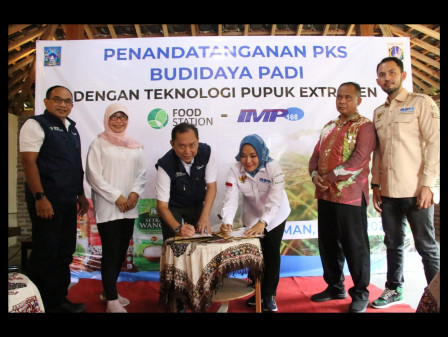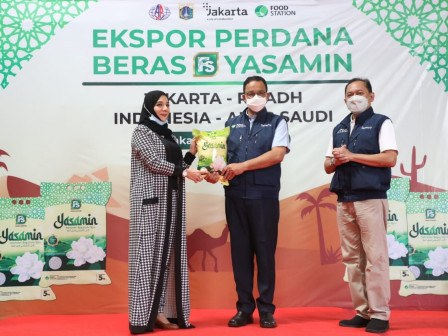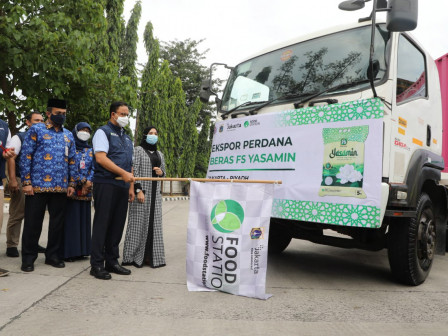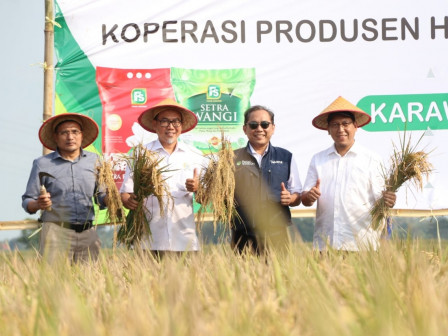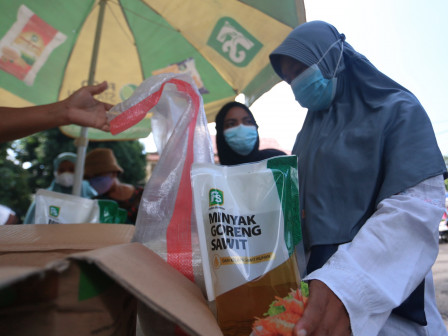Food Station Expands Cooperation with Yogyakarta Farmers
Reported by Budhi Firmansyah Surapati | Translated by Nugroho Adibrata
PT Food Station Tjipinang Jaya (FTSJ) signed a Memorandum of Understanding (MoU) on rice cultivation with farmers in Sleman District through PT Indoraya Mitra Persada (IMP) 168 and farmer partners of Kapanewon Pakem, Sleman, Yogyakarta.
Alhamdulillah, we had realized the MoU yesterday
The signing was executed by PT FSTJ President Director Pamrihadi Wiraryo and PT IMP 168 President Director Atik Candra in Mina Padi Samberembe Village, Samberembe Hamlet, Candibangun Village.
PT FSTJ President Director Pamrihadi Wiraryo said that the cooperation was done on a 113-hectare land. From the land, he estimated yields could reach 678 tons for one growing season with long-grain varieties such as Ciherang, IR 64, mekongga, and other long-grain varieties.
Adi Kurnia: Food Station Makes Breakthrough through Rice Export"Alhamdulillah, we had realized the MoU yesterday. Hopefully, it will bring goodness for all, especially farmers in Yogyakarta," he expressed, Thursday (5/26).
In this cultivation collaboration, PT FSTJ helped finance starting from seeds, fertilizers, pesticides, and other production facilities. Then, PT IMP 168 as farm management and farmers provided the land for cultivation.
"Food Stations also play a role in helping farmers absorb crop yields and price certainty during the harvest season," he said.
He went on to say that the joint planting started with mina rice cultivation on a 3-hectare land. It was a breakthrough in agricultural activities as by using the same land, could harvest commodities, namely rice, and tilapia.
"It can also reduce weeding operational costs thus the income received by farmers will be more," he continued.
He added that rice cultivation also uses the liquid biological organic fertilizer Extragen which is expected to increase productivity by about 20 percent.
"This fertilizer is very environmentally friendly," he added.
According to him, the cooperation was made to improve food security through collaboration between food-producing regions and regions with large food consumption, such as Jakarta.
"By so, it will ultimately improve the welfare of the farmers involved. This is in accordance with Jakarta Governor's mandate," he closed.

